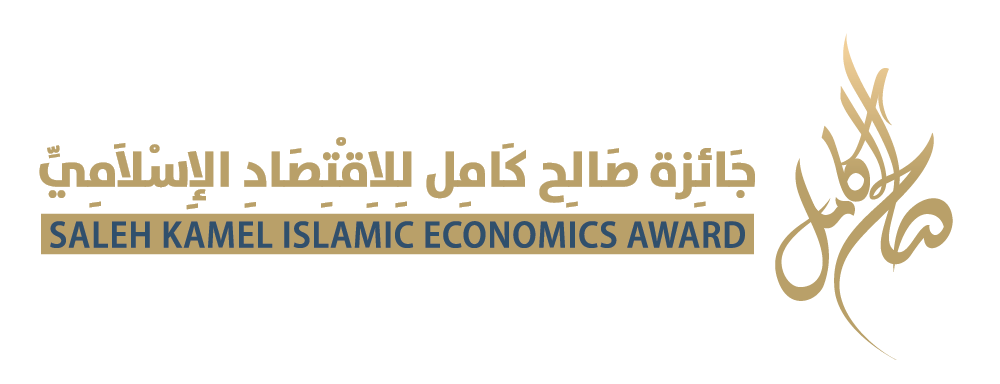Frequently Asked Questions
The Saleh Kamel Award for Islamic Economics is an initiative established by the Albaraka Forum for Islamic Economics (albaraka.org). It aims to encourage research and development in the field of Islamic economics. The award are given to individuals under the age of forty-five (45) who have made significant contributions to this field through their rigorous research.
Any researcher or academic holding a Master's or PhD degree can apply for the nomination, provided they are under the specified age limit.
The award includes multiple tracks:
- Best Master's or PhD thesis in the announced annual topic in Islamic Economics studies.
- Best Master's or PhD thesis in the announced annual topic in Islamic Economic Jurisprudence studies.
- Best research paper submitted in the announced annual topic in the field of Islamic Economics.
- Best research paper submitted in the announced annual topic in the field of Islamic Economic Jurisprudence.
You can submit a nomination request by filling out the application form available on the website and attaching the required documents. For any inquiries about the conditions and mechanism of nomination, please contact Sk.award@albaraka.org
Entries are evaluated based on multiple criteria including innovation, social and economic impact, academic significance, and applicability.
The winners are announced during the opening ceremony of Al Baraka Islamic Economics Symposium, which is held annually in Medina, and the award winners are honored in an independent ceremony that will be announced.
No, applying for the award is completely free, and documents are sent electronically through the award’s website.
You can view the introductory guide available on the website here or contact the support team for assistance via: Sk.award@albaraka.org
The total value of the Award is 1,000,000 million Saudi riyals, awarded as follows:
- An amount of 250,000 thousand Saudi riyals for the university thesis track in Islamic Economics studies
- An amount of 250,000 thousand Saudi riyals for the liberal research track in Islamic Economics studies
- An amount of 250,000 thousand Saudi riyals for the university thesis track in studies of the Jurisprudence of Islamic Economics
- An amount of 250,000 thousand Saudi riyals for the liberal research track in Islamic Economic Jurisprudence studies.
- A commemorative shield bearing the approved award logo for all winners of the four award tracks
- A certificate of appreciation for all winners in the four award tracks
- Opportunities for collaboration, publication and international recognition for their winning works
The award is supervised by a Board of Trustees consisting of an elite group of prominent figures in the field, in addition to a scientific committee composed of experts and researchers who select annual topics and supervise all stages of judging the submitted works.
In each session, the Award’s Scientific Committee selects members of the jury for each award field: economic and Sharia, according to the announced annual topic. It consists of an elite group of specialized experts and academics, who are chosen based on their experience and achievements in this field, and their identity is kept secret to maintain credibility, and the integrity of the process of selecting the winning works.
The award is open globally and encourages entries from all over the world.
The award accepts works submitted in Arabic and English.
Click here to download the research writing form for the annual research track.

